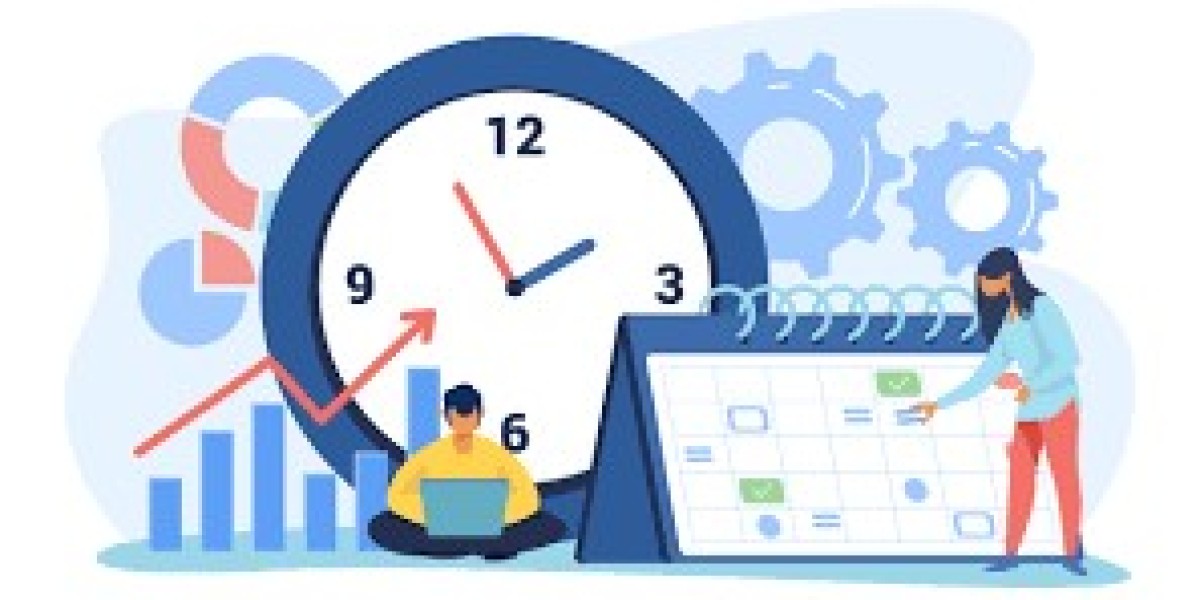When it comes to sales, timing isn’t just everything—it’s the thing. Imagine a hot lead, someone who’s interested, curious, maybe even excited. But then... radio silence. A meeting gets pushed back, a follow-up slips through the cracks, or worse, the rep arrives late to a scheduled call. The result? A lost opportunity.
In the fast-paced world of sales, where competition is fierce and attention spans are short, efficient scheduling can truly make or break a deal. It’s not just about being organized—it’s about being strategically available at the right time and place.
Let’s break down how and why getting your scheduling right could be the difference between sealing the deal and watching it walk away.
First Impressions Start with Time
Let’s say a potential customer requests a demo. They’re evaluating vendors and have allocated a short window to meet. One sales rep responds within the hour, schedules the meeting for the very next day, and sends a confirmation. Another replies two days later with vague availability for the following week.
Guess who gets the sale?
Punctuality signals professionalism. Efficient scheduling sends a clear message: "We value your time, and we’re on top of our game." On the flip side, delays, no-shows, and miscommunications all scream disorganization—and they erode trust.
The Domino Effect of Poor Scheduling
Missed appointments or delayed responses don’t just cost one sale—they can disrupt the whole pipeline.
Here’s how:
Rescheduling chaos: Moving one meeting can cause a ripple effect that throws off the rest of the day.
Overlapping appointments: Double-booking leads to missed calls or rushed conversations, both of which compromise rapport.
Fatigue and burnout: Poorly spaced meetings leave reps mentally drained, affecting performance across the board.
In fact, a study by InsideSales.com revealed that sales reps only spend about 35% of their time actually selling. The rest goes into admin tasks, including chasing down meeting confirmations and adjusting schedules. That’s a lot of lost selling time—and lost revenue.
Real-World Wake-Up Call
Consider Emily, a top-performing field sales rep at a growing SaaS company. She had a full day of client meetings across the city. Her first appointment ran late, causing her to miss the next one. That client—irritated and unimpressed—decided to go with a competitor who showed up on time.
Emily used to rely on a basic calendar app, juggling leads and routes manually. But after a few close calls (and a couple of blown deals), her team adopted a sales rep tracking software that included real-time scheduling and route optimization.
The results? Fewer missed meetings. Better territory management. Happier clients.
Technology didn’t replace her hustle—it enhanced it.
The Psychology of Responsiveness
Today’s buyers are used to instant gratification. If a Netflix show takes more than three seconds to load, we fidget. If an Uber’s arrival time jumps from four to six minutes, we reconsider walking. The same applies to sales.
Harvard Business Review found that companies that respond to leads within an hour are seven times more likely to qualify the lead than those who wait longer. Efficient scheduling tools and workflows mean reps can respond quickly and lock in appointments before the lead’s interest fades—or before a competitor swoops in.
It’s not about pressuring prospects. It’s about respecting their interest while it’s still warm.
What Efficient Scheduling Looks Like
It’s not rocket science—but it does require intention and the right tools.
Here’s what strong scheduling practices look like in action:
Automated meeting links to cut down on the back-and-forth.
Time zone awareness to avoid miscommunication across regions.
Buffer time between meetings to prevent overlap or rushing.
Prioritized follow-ups based on lead temperature and urgency.
Integrated calendars that sync across platforms for a single source of truth.
A streamlined schedule frees up a rep’s mental energy to focus on connection, listening, and selling—the stuff that actually closes deals.
It’s Not Just About Time—It’s About Trust
When a sales rep shows up on time, follows through, and doesn’t need to reschedule five times, it builds credibility. Over time, that consistency becomes a competitive advantage. Buyers learn to count on you.
In B2B sales, where buying cycles are longer and relationships matter more, this trust is crucial. One mishap might not tank a deal, but a pattern of sloppy scheduling certainly can.
Sales is already hard enough. Don’t let a bad calendar make it harder.
Conclusion: Win the Clock, Win the Customer
Efficient scheduling might sound like a background task—something secondary to the "real work" of selling. But in truth, it’s a foundation for success. Inconsistent timing, missed meetings, and delayed responses don’t just slow you down—they drive prospects away.
Whether you’re chasing new leads, nurturing warm ones, or managing long-term accounts, how you manage your time reflects how you manage your business. Smart tools, like sales rep tracking software, and thoughtful habits can help ensure that you’re always in the right place, at the right time—with your best foot forward.








